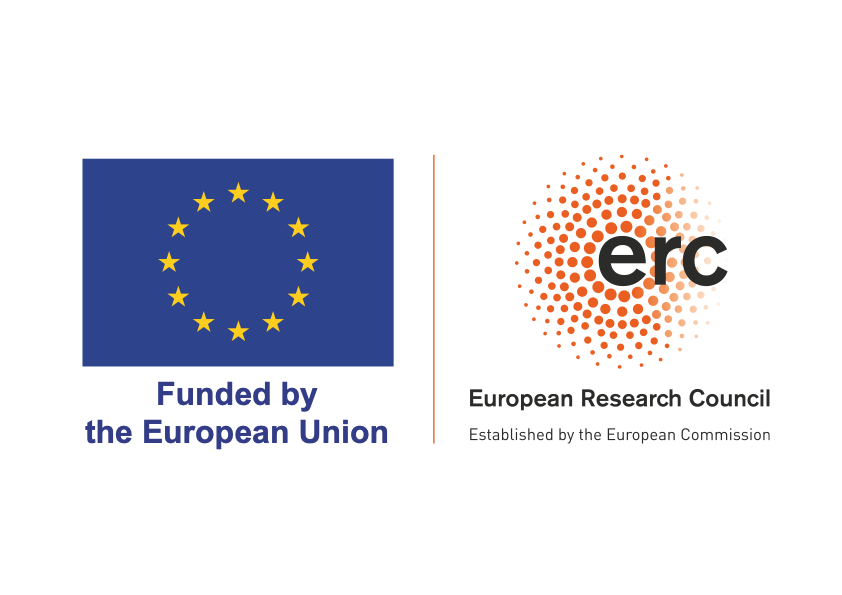
This project aims to develop new indicators for long-term human wellbeing that include feedbacks from environmental and other changes. It is funded through an ERC Advanced Grant awarded to Wolfgang Lutz.
This new project will apply two distinctly demographic concepts to address questions that go far beyond demography. It will study the indicators of and the conditions for sustainable human wellbeing. The wellbeing indicators proposed here will be based on life table methods and the recently operationalized concept of Demographic Metabolism – modelling social change through the replacement of generations – will be used to get a quantitative analytical handle on the temporal dynamics of improving human wellbeing.
The project will theoretically develop, empirically estimate, test and forecast indicators of human wellbeing that are based on life table methods and hence reflect the basic – but often overlooked fact – that being alive is a necessary prerequisite for enjoying any quality of life. But since mere survival is not sufficient as an ultimate goal for most people the person years lived at each age will be weighted with four different dimensions of empowerment: health, literacy, happiness and being out of poverty. These are four dimensions of an indicator tentatively called ELY (Empowered Life Years). ELY will also serve as the explanandum of a global level econometric estimation of the determinants of wellbeing considering human, manufactured and natural capitals as well as knowledge and institutions.
The global level analysis is complemented by a set of strategically chosen in-depth systems-analytical case studies in Namibia/Western Cape, Nepal, Costa Rica and historical Finland modelling the population-development-environment (PDE) interactions including feed-backs e.g. from environmental degradation to wellbeing and taking the trends of ELY in different sub-populations as sustainability criteria. They will also include stake holder involvement and science-policy interactions.
Project highlights
In November 2019, IIASA co-organized a conference dedicated to the wellbeing of people under the umbrella of the ERC funded "The Demography of Sustainable Human Wellbeing" project led be World Population Program Director Wolfgang Lutz. The conference brought together researchers from around the world working on different aspect of human wellbeing with a specifically demographic perspective. The aim is to put demography more prominently on the table as a discipline that has much to contribute to the scientific study of human wellbeing, both in terms of its measurement and the analysis of its determinants. Explore the program, multimedia, presentation slides, and posters from this conference on the event website.
As a result of this conference and contribution to the state of the art, the Vienna Yearbook of Population Research (VYPR) published a Special Issue entitled “Demographic Aspects of Human Wellbeing” which was guest edited by (in alphabetical order) Vanessa Di Lego, Angela Greulich, Raya Muttarak and Sonja Spitzer.
Bora, J., Saikia, N., Kebede, E.B., & Lutz, W. (2022). Revisiting the causes of fertility decline in Bangladesh: the relative importance of female education and family planning programs. Asian Population Studies 1-24. 10.1080/17441730.2022.2028253.
Lutz, W. , Reiter, C. , Özdemir, C., Yildiz, D. , Guimaraes, R. , & Goujon, A. (2021). Skills-adjusted human capital shows rising global gap. Proceedings of the National Academy of Sciences 118 (7) e2015826118. 10.1073/pnas.2015826118.
Lutz, W. & Kebede, E. (2018). Education and Health: Redrawing the Preston Curve. Population and Development Review 44 (2) 343-361. 10.1111/padr.12141.
Marois, G. , Rotkirch, A., & Lutz, W. (2022). Future population ageing and productivity in Finland under different education and fertility scenarios. Finnish Yearbook of Population Research 56 137-160. 10.23979/fypr.119666.
Lutz, W. , Striessnig, E. , Dimitrova, A., Ghislandi, S., Lijadi, A., Reiter, C. , Spitzer, S. , & Yildiz, D. (2021). Years of good life is a well-being indicator designed to serve research on sustainability. Proceedings of the National Academy of Sciences 118 (12) e1907351118. 10.1073/pnas.1907351118.
This project has received funding from the European Union’s Horizon 2020 research and innovation program under grant agreement No 741105. Project Name: The Demography of Sustainable Human Wellbeing, EmpoweredLifeYears.
Events
Chulalongkorn University, Bangkok, Thailand



